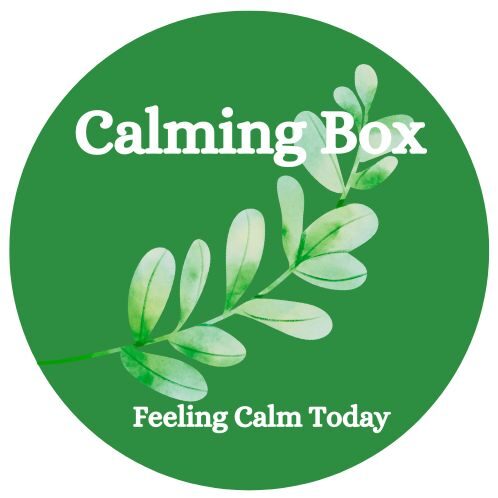Your toxic relationship is not about your partner treating you badly each day. It’s about an inconsistent behaviour to control you. Control the relationship. Build your foundation of calm by learning how to watch out for these relationships that cause you harm. They look harmless because there is notphysical violence but the emotional violence has lasting effects that are dangerous for you.
A toxic relationship isn’t defined by someone treating you badly all the time. It’s more insidious than that.
A toxic relationship often involves a partner who is inconsistent with their love and behaviour. This inconsistency is more damaging than constant negativity, as it keeps you in a state of perpetual confusion, wondering whether you should stay or leave.
At its core, a toxic relationship with inconsistent behaviour plays with your emotions.
On some days, your partner might be kind, loving, and attentive, making you feel valued and cherished. These days can be wonderful, filled with joy and affection, giving you hope that your relationship is healthy and worthwhile. You feel a sense of connection and believe falsely things are finally going in the right direction.
However, good days are interspersed with days of ill treatment, Possibly behind closed doors leaving you reeling. On bad days, your partner might be distant, critical, or abusive. They might ignore you, belittle your feelings, or make you feel worthless. These negative behaviors create a stark contrast to the loving moments, causing emotional turmoil. The shift from affection to disdain can be abrupt and unpredictable, leaving you on edge, never knowing what to expect. No one can live like that. Anxiety creeps in until it seems normal to feel terrible every day. On edge each day.
This inconsistency is the hallmark of a toxic relationship. It’s not the constant bad treatment t wearing you down, but the unpredictability. The intermittent reinforcement of love and affection amidst negativity is damaging. You find yourself clinging to the good moments, hoping that they will become more frequent, while trying to navigate the bad ones.
The psychological impact is profound. You spend time analyzing your partner’s behavior, trying to understand what causes the shifts. You might blame yourself for their bad days, thinking that if you could just be better, more patient, or more loving, the good days would become the norm. This self-blame is a common reaction in toxic relationships, perpetuating a cycle of emotional dependency and your low self-esteem. You are trapped and feeling desperate. This is not your fault. You can grow and learn to recognize this pattern and take steps to leave it behind. It seems difficult but it is not impossible. Starting to learn is your first step in building your foundation of calm.
This inconsistency keeps you frozen. The good days give you hope and make you stay, believing the relationship has potential and your partner can change. If they wanted to change they would.They are not interested in changing,
The bad days erode your confidence and happiness. You become stuck in a cycle of doubt, constantly wondering if you should stay or leave. This indecision can be paralyzing, as you fear making the wrong choice and losing the fleeting moments of happiness that your partner provides.
The unpredictability of a toxic relationship affects other aspects of your life. It leads to chronic stress, anxiety, and depression. The emotional rollercoaster drains your energy, making it hard to focus on work, friendships, and self-care. Your world revolves around the erratic behavior of your partner, sidelining your own needs and well-being.
Recognizing that inconsistency is a form of toxicity is crucial for breaking free from such a relationship. It’s important to understand you deserve consistent love and respect. A healthy relationship is built on stability, trust, and mutual respect, not on unpredictable waves of affection and mistreatment. If you find yourself constantly questioning your partner’s feelings and your own worth, it might be time to reassess the relationship and consider what is best for your emotional health.
Use tools from your calming box to become aware of a toxic relationship defined by inconsistency. The fluctuation between good and bad days creates a confusing and damaging dynamic leaving you emotionally exhausted and unsure of your worth. Understanding this pattern and valuing your need for consistent love and respect is essential for your well-being and happiness.
Build your foundation of calm and peace for your sustainable future.
A toxic relationship is not when someone treats you badly toxic is when they are bad to you on some days and good on some days inconsistent with their love that you must spend most of your time wondering if you should stay or leave

